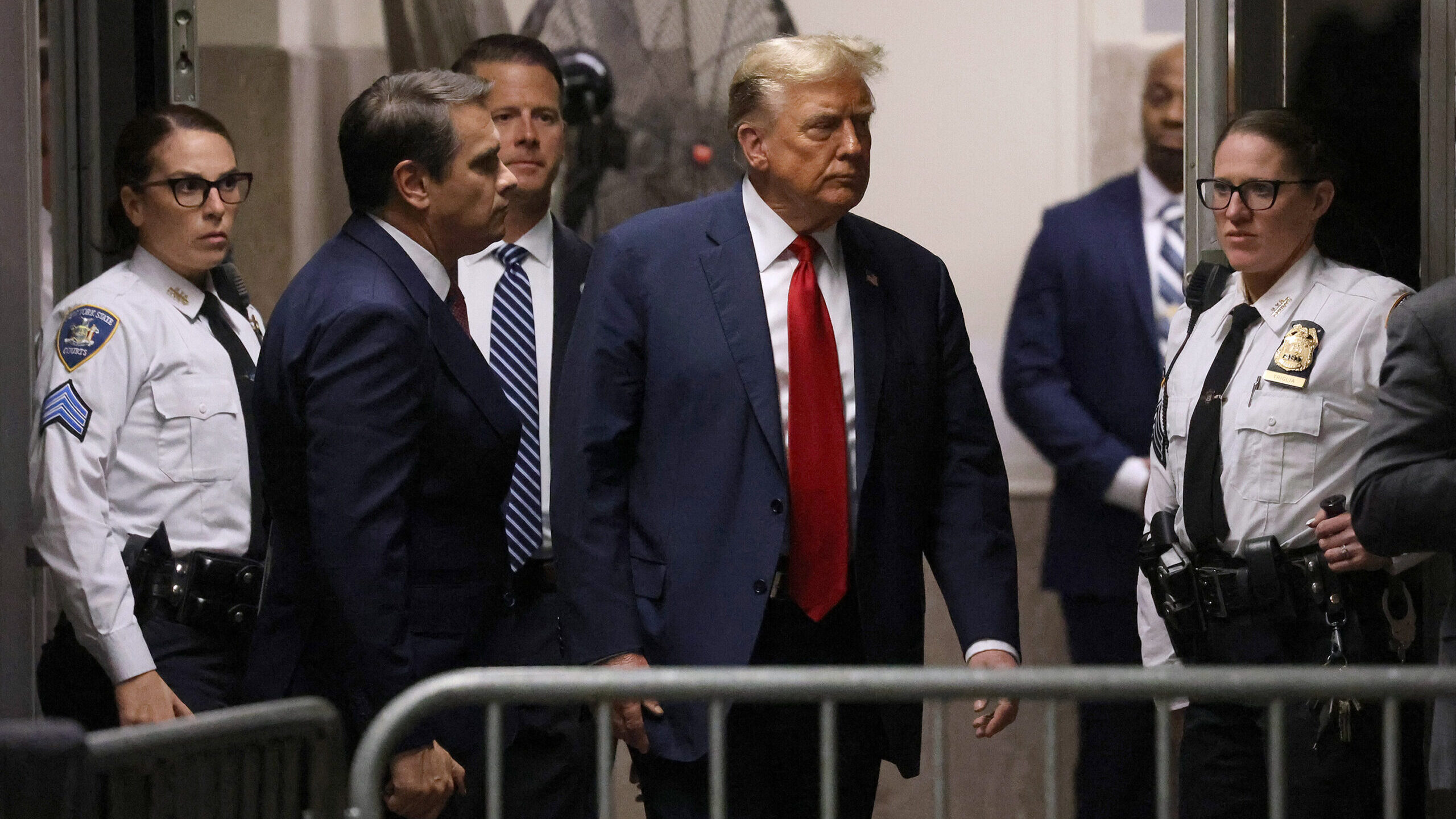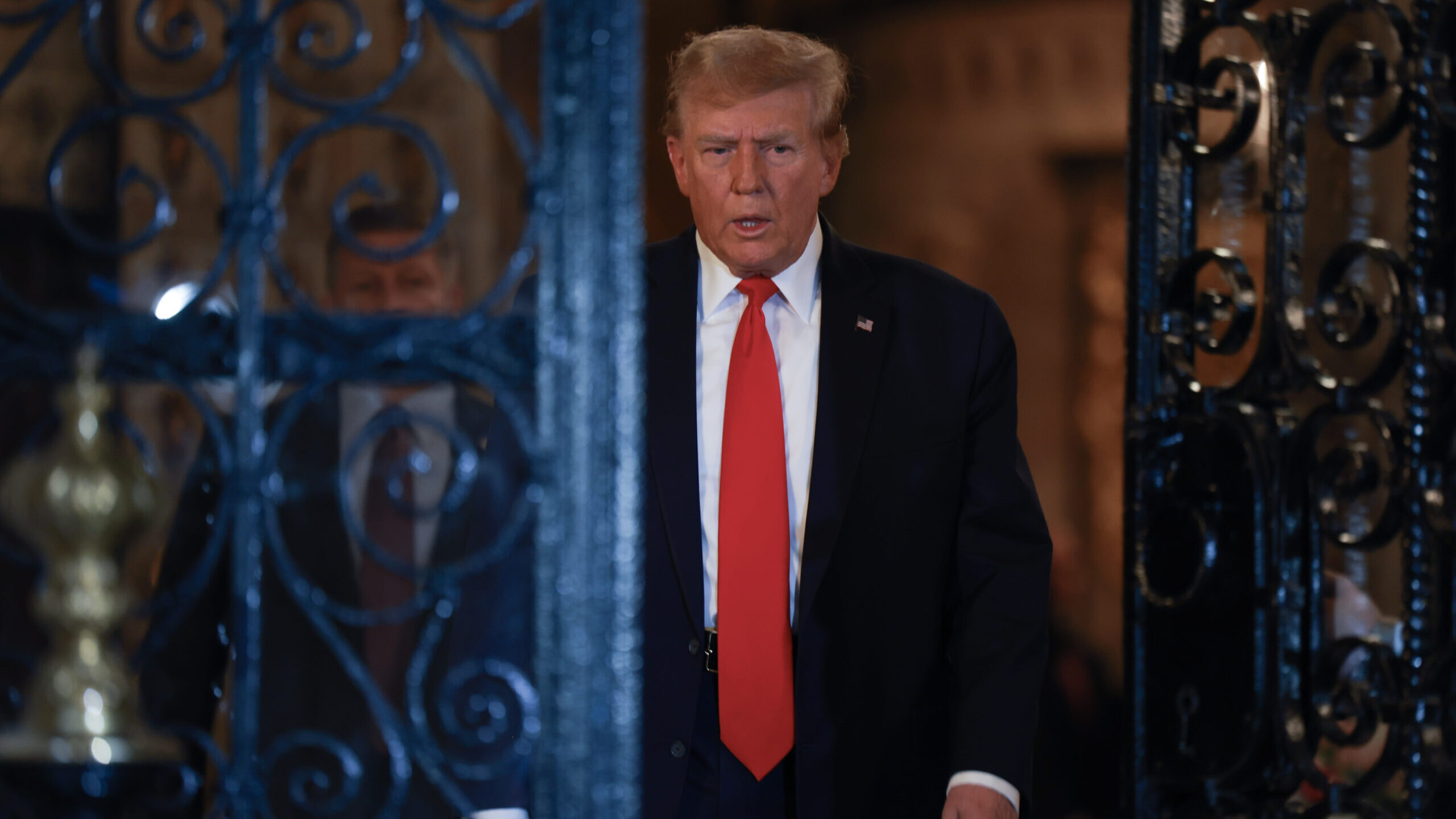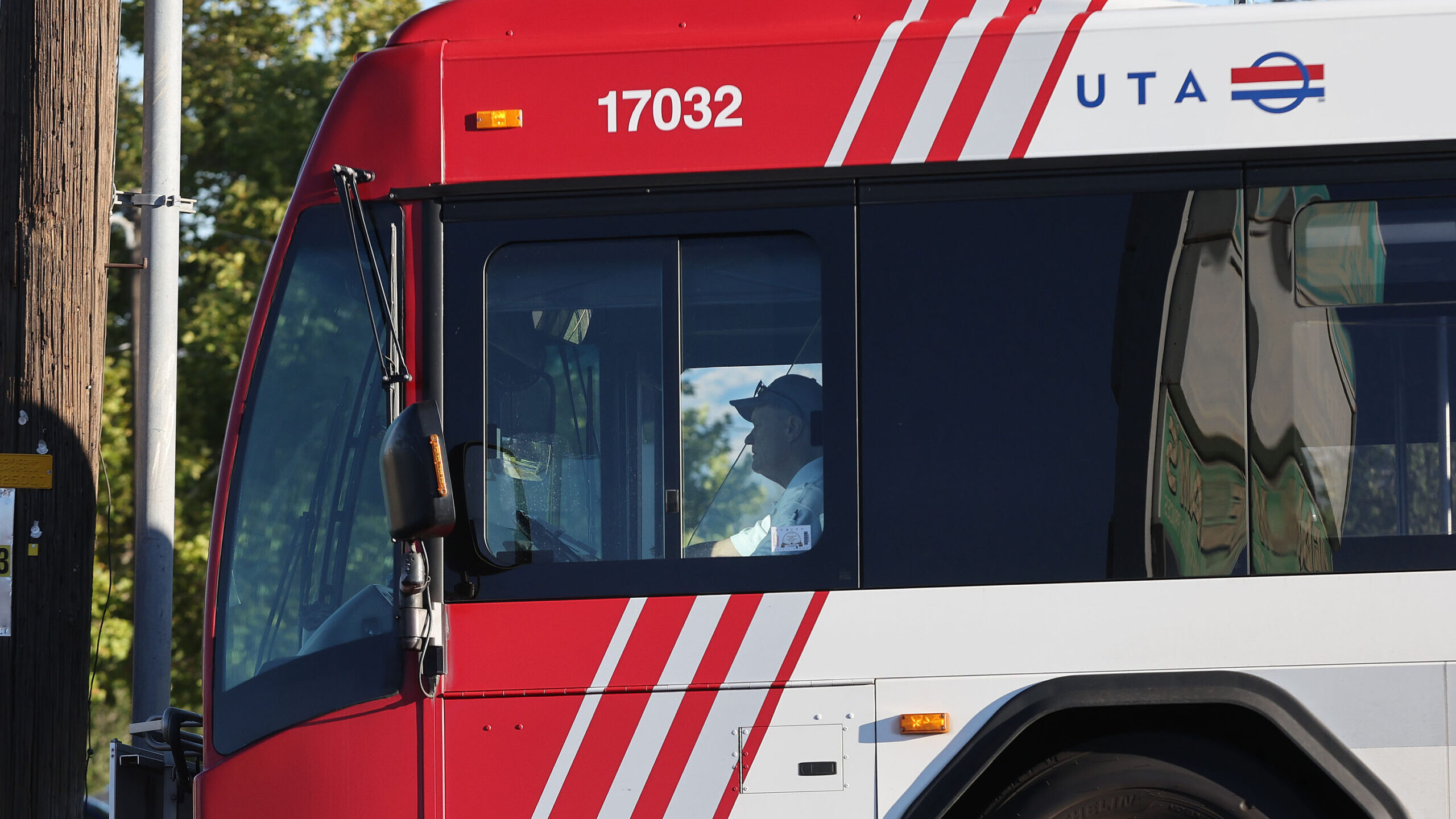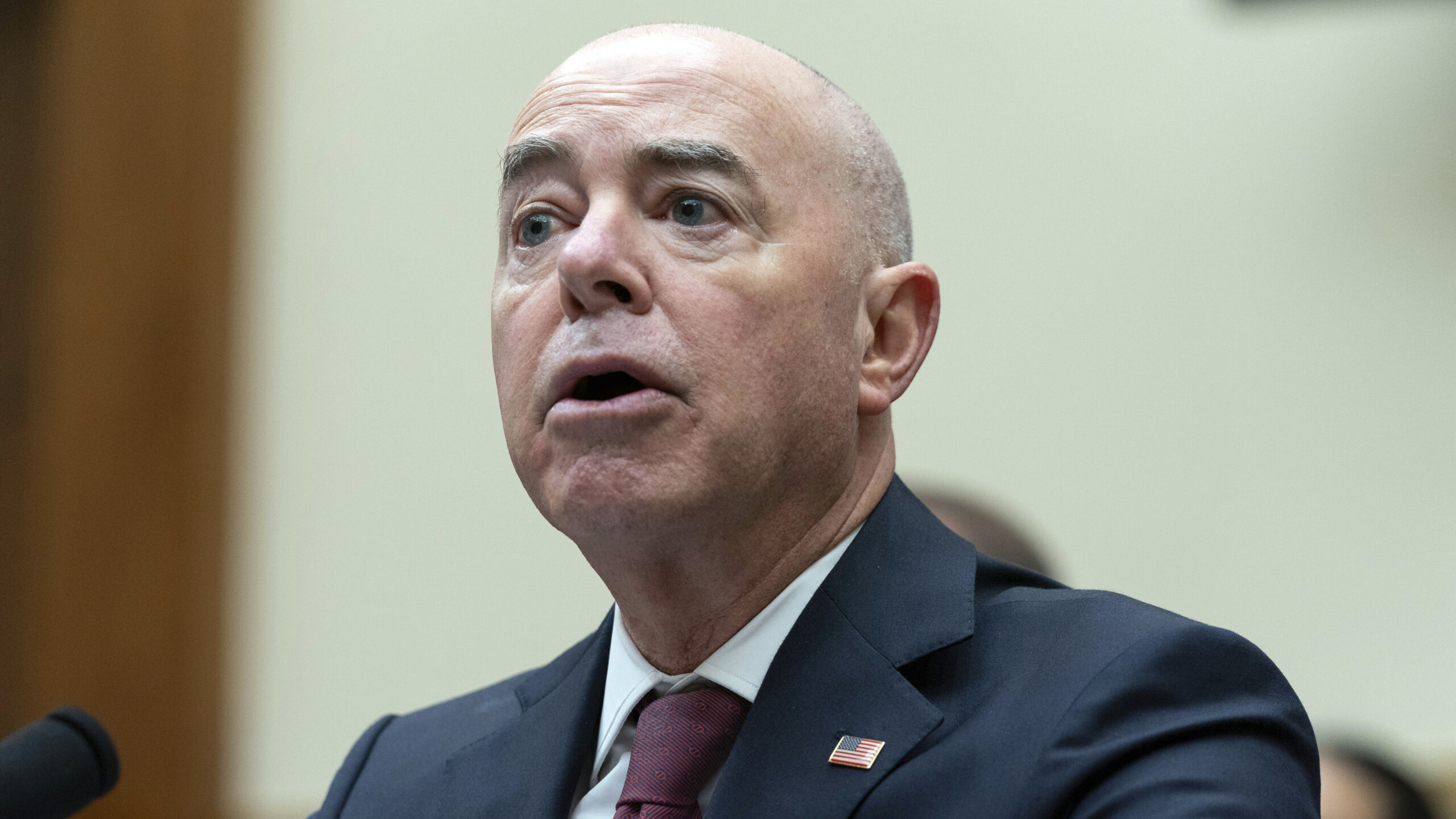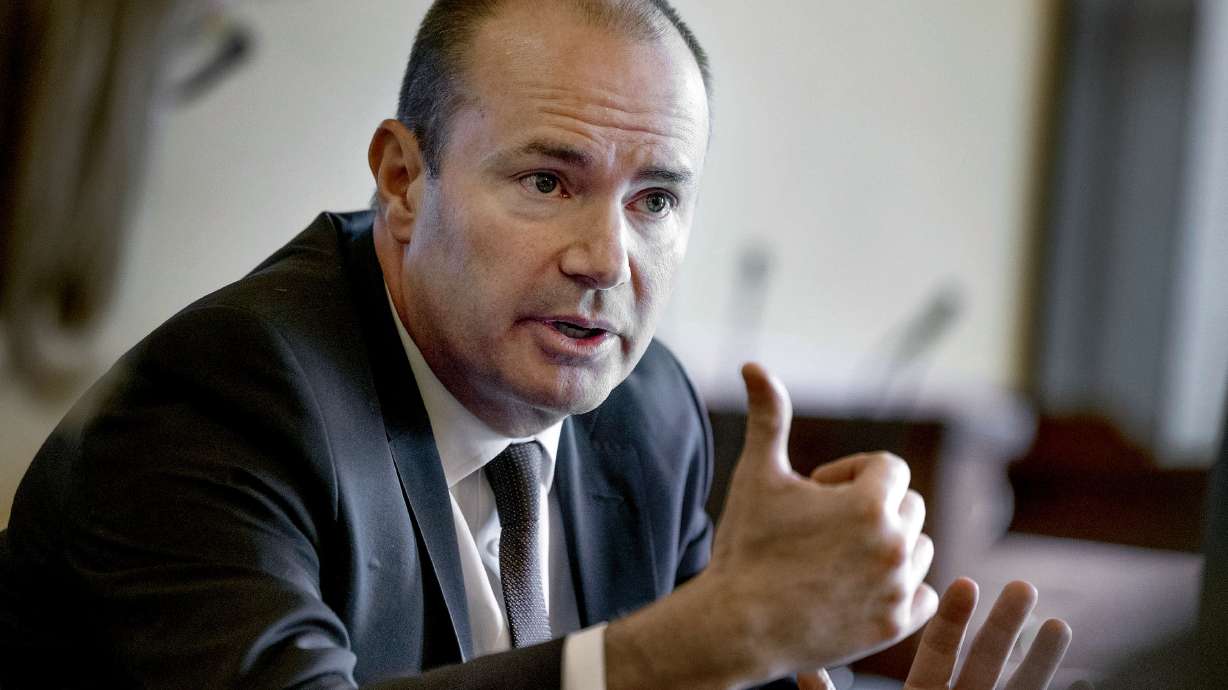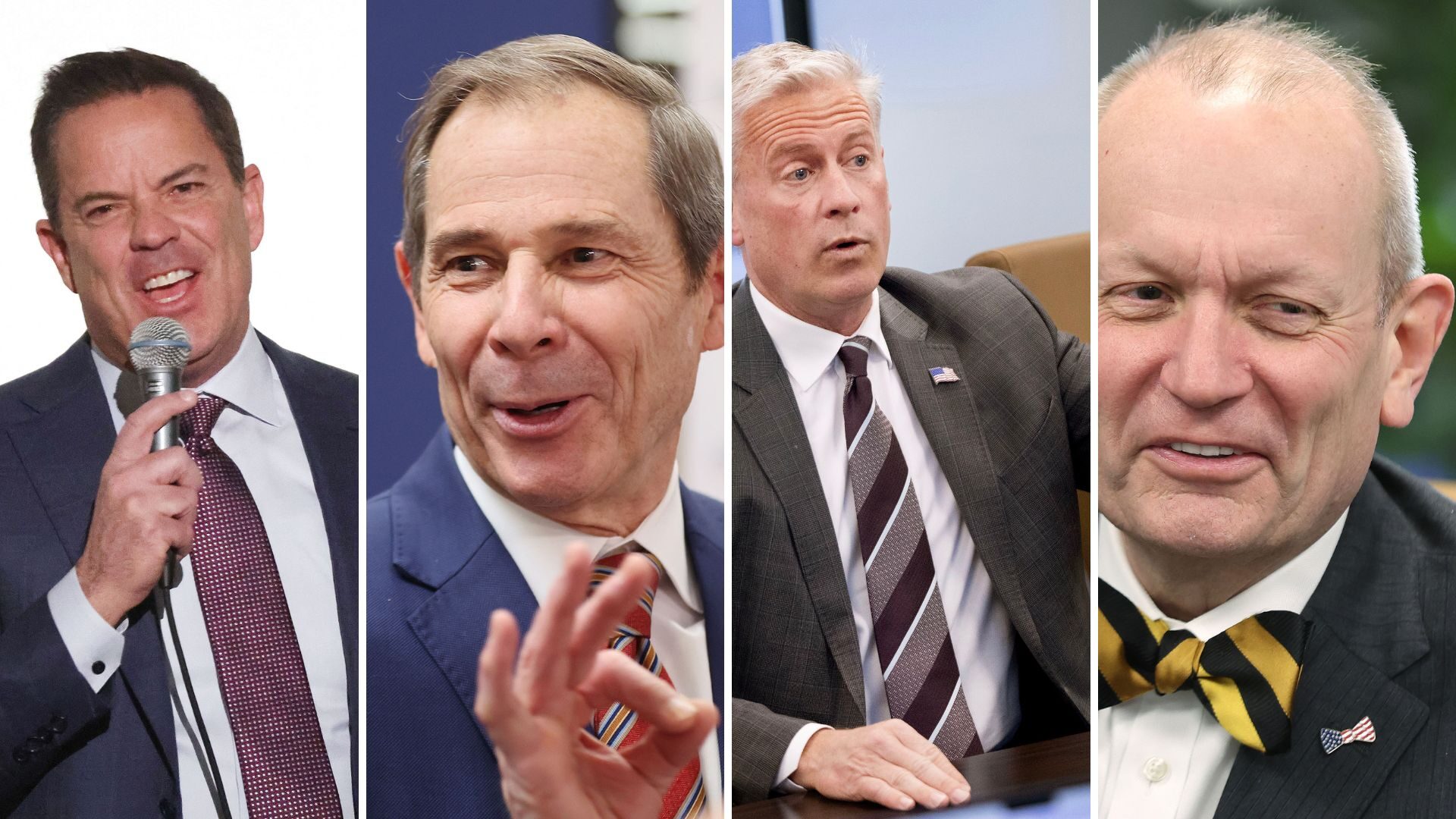Utah debates: How Utah’s 2nd District candidates compare on issues
Oct 14, 2022, 7:00 AM | Updated: 5:37 pm
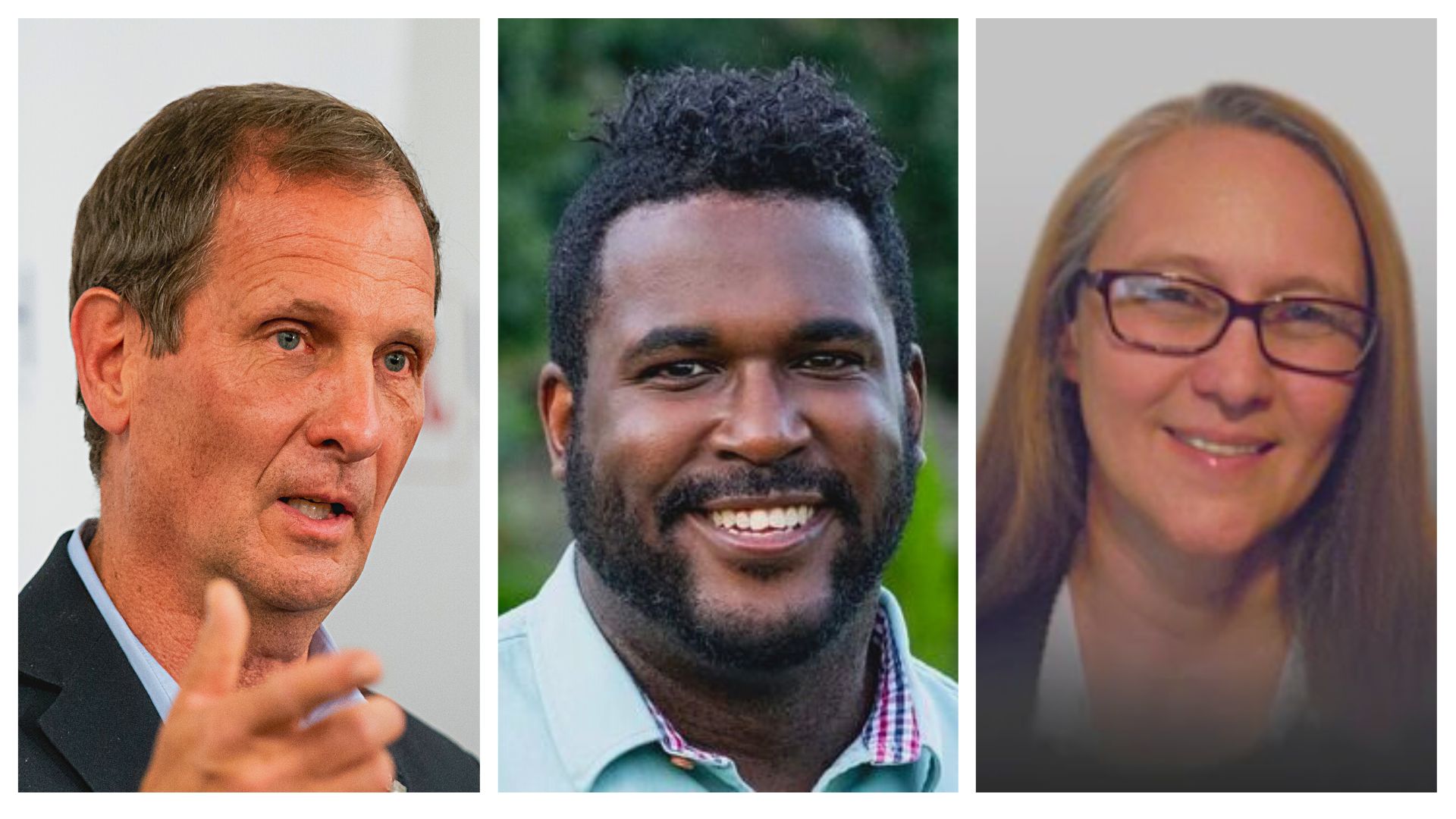
Incumbent Rep. Chris Stewart (left), Democrat Nick Mitchell (center) and Constitution Party's Cassie Easley (right) will debate in southern Utah on Oct. 14, 2022. (Right: Spencer Heaps /Deseret News; center: Nick Mitchell; right: Cassie Easley)
(Right: Spencer Heaps /Deseret News; center: Nick Mitchell; right: Cassie Easley)
SALT LAKE CITY — On Friday night, Utah 2nd Congressional District candidates Cassie Easley (Constitution Party), Nicholas Mitchell (Democratic Party) and Republican Rep. Chris Stewart will debate. Moderated by Boyd Matheson, the debate will be held at Southern Utah University at 6 p.m.
Utah’s 2nd Congressional District serves Salt Lake City and the mostly rural western and southern portions of Utah, including St. George and Tooele.
Serving since 2013, Stewart was re-elected to his fourth term in November 2018. He also served in the U.S. Air Force from 1984 to 1998. He is a multiple New York Times best-selling and national award-winning author and the former owner and CEO of a small business.
According to his campaign website, Mitchell was born in February 1991 and was adopted right after birth, moving with his family to Bakersfield, California. After moving to Utah, he graduated from Timpview High School and served an LDS mission to Baguio, Philippines.
“Even though Nick is no longer a practicing member, he respects the Latter-day Saint religion,” reads a portion of his campaign website.
Easley is the daughter of a retired Navy veteran and was raised near military bases. The mother and grandmother lives in Iron County and was recently widowed. She said she doesn’t feel represented, which is her motivation to run for the 2nd District.
———————————
The top issue for Democrats in 2022 is abortion (35%) and for Republicans, the top issue this year is inflation (40%), as reported by NPR on Sept. 8.
Overall, 30% of survey respondents identified inflation as their top issue, but that’s down 7 points from the last time the question was asked in July. Inflation was followed by abortion at 22%, up 4 points since July, according to NPR.
Where do these three candidates stand on the issues most pressing to voters in Utah and nationwide?
Utah 2nd District candidates on inflation
During the 12 months ended June 2022, the Consumer Price Index for All Urban Consumers increased 9.1 percent. … the largest 12-month increase since the 12-month period ending November 1981, according to the US Bureau of Labor Statistics.
- “Corporations, especially those in the oil industry, are causing the current rise in inflation. As we recently saw, fuel prices almost doubled due to the supply shock of the war in Ukraine. While domestic gas production was at an all-time high, oil companies raised prices anyway and raked in record profits, all off the backs of everyday Americans,” Mitchell said on his campaign website.
- “Inflation is caused by government overspending. For the last two quarters we have had a negative gain, which puts us into a recession. The third quarter just ended, and I haven’t seen if we are still at a negative but would assume that’s the case. The Federal government continues to spend money it doesn’t have, so we will continue to have increased inflation,” Easley said.
- “President Biden is trying to convince the American people that the inflation isn’t as bad as it appears to be, but the American people aren’t stupid,” Stewart said on Fox Business’s Mornings with Maria on Sept. 15.
- “They know that [spending trillions of dollars] is the problem, not the solution. Higher interest rates, inflation and taxes all hurt working-Americans the most. They all hurt the most vulnerable among us and have the greatest impact on them.”
Utah 2nd District candidates on immigration
The U.S. foreign-born population reached a record 44.8 million in 2018. Immigrants today account for 13.7% of the U.S. population, nearly triple the share (4.8%) in 1970, according to Pew Research Center. Most immigrants (77%) are in the country legally, while almost a quarter are unauthorized, according to new Pew Research Center estimates based on census data adjusted for undercount.
- “Lawful immigration benefits communities. It brings economic and cultural diversity to the people in those communities,” Easley said.
- “People who want to become American citizens should be able to earn that right through hard work and doing what is right,” Mitchell said. “Right now, we prioritize skilled labor over unskilled labor, with many trades falling into the latter category. Many immigrants have skill sets that are currently categorized as “unskilled,” and we need to change that.”
———————————————————————————————————————————————————
According to On The Issues, Stewart’s stand on unauthorized immigration is as follows:
- Enforce the security of our borders by all means necessary.
- Enforce current laws by prosecuting those who are involved with identity theft, Social Security fraud, and other criminal activities.
- Reduce the economic incentive to enter our country illegally by instituting an E-Verify program. This will also ensure that employers know who they are hiring, fulfilling their responsibility to the security of the nation as well as to their other employees.
- Never allow a pathway for citizenship for anyone who has entered the country illegally. Require those who have entered the country illegally to return to their country of origin and go through the legal immigration process before they are allowed citizenship.
- Do not allow local communities to aid and abet illegal behavior by providing sanctuary to illegal immigrants. Cut off all federal law enforcement funds to sanctuary cities.
Utah 2nd District candidates on abortion
On June 24, 2022, the U.S. Supreme Court overturned the 1973 Roe v. Wade ruling. A little more than 60% of Americans say abortion should be legal in all or most cases while 37% think abortion should be illegal in all or most cases. These views are relatively unchanged in the past few years. That figure hasn’t changed much since before the court’s decision, according to the Pew Research Center.
Utah’s trigger law, SB174, would prohibit abortion in most cases. But it does allow exceptions if the mother’s life is at risk or if the pregnancy was a result of rape or incest. An exception is also allowed under Utah’s trigger law if two physicians who practice “maternal-fetal medicine” both determine that the fetus has a severe defect that is uniformly diagnosable and ultimately lethal, according to KSL.com.
- “My personal feelings is that abortion is wrong. The Supreme Court ruled that there is no constitutional right to it, so the 10th Amendment gives it to the States to determine what laws they will have,” Easley said.
- “We must codify Roe v. Wade because it is a fundamental right. Health-care decisions are already complicated enough dealing with insurance companies. We don’t need the government involved as well. Some will argue that adoption is a practical alternative, but as someone who was adopted, I can say that it isn’t always possible due to the arguably necessary cost of adoption,” Mitchell said.
- “We have to go back to the principles that our founding fathers intended and the idea of federalism. We have to go back to the idea of letting the states decide,” Stewart said.
- “This is the ‘pressure relief valve.’ The Supreme Court didn’t outlaw abortion or say it was protected by law. They said ‘Let the states decide.’ Federalism is not a red or blue state issue. Abortion is an example of red state federalism. Sanctuary cities and marijuana laws are examples of blue state federalism,” he said as reported on Aug. 3, 2022 by KSL NewsRadio.
Utah 2nd District candidates on Jan. 6th insurrection
On Sept. 21, 2022, the House passed the Electoral Count Act making it more difficult to to overturn a certified presidential election and prevent any future assault on the U.S. Capitol as happened on Jan.6, 2021. On that day, hundreds of then-President Trump supporters clashed with police and smashed their way into the building to prevent Congress from certifying the electoral college votes for President-elect Biden.
The Electoral Count Act is an 1887 law that outlines the process for Congress to certify the Electoral College votes submitted by states. Although vague, the law is clear the vice president of the United States cannot alter the results of a presidential election as Trump had urged then-Vice President Mike Pence to do after the 2020 presidential election, which Trump lost by more than 7 million votes.
Trump falsely claimed last year that Pence could simply send the results “back to the States.”
The Associated Press explained the vice president’s role in counting Electoral College votes is largely ceremonial
- “Those who stormed the U.S. Capitol were not protesting —they were attempting to overthrow democracy. Representatives, like Chris Stewart, voted to overturn the will of the people in an attempt to appease the very group who tried to kill our democracy,” Mitchell responded.
On May 19, 2021, the House voted to establish a commission to investigate the insurrection of Jan. 6.
- “I am fully supportive of an independent commission conducting a genuine inquiry into the attack on Capitol Hill. That is not what the House passed today. Unsurprisingly, this largely partisan commission will not yield a bipartisan accounting of the Capitol riot,” Stewart wrote on May 19, 2021.
- “For example, yesterday, Senate Democratic Leader Chuck Schumer, D-NY, said, ‘Republicans can let their constituents know: Are they on the side of truth or do they want to cover up for the insurrectionists and for Donald Trump?’ Clearly, the motivations of my colleagues across the aisle are not pure – they are political. Americans deserve an honest audit of January 6. This commission will not provide that service. It is nothing more than a poorly dressed attempt to distract from President Biden’s radical, ineffective policies.”
In light of the Jan. 6 insurrection, election-law experts urged the 1887 law (above) to be updated and strengthened. The House vote on the bill was 229-203, with nine Republicans joining Democrats in voting for the measure. All four members of Utah’s House delegation voted against it:
- Curtis – Republican – NAY
- Moore – Republican – NAY
- Owens – Republican – NAY
- Stewart – Republican – NAY
The Electoral Count Act now moves onto the Senate, where 11 Republicans have already announced they are co-sponsoring the measure, more than enough for passage, according to CBS News.
Utah 2nd District candidates on energy
Before the pandemic struck, US oil production was at an all-time high about 13 million barrels per day (BPD). Demand for oil fell as the pandemic swept across the country. By May 2020, oil production had dropped by more than 3 million BPD to 9.7 million BPD. As the pandemic began to subside, US workers returned to their jobs, and demand for oil surged, but production lagged. Rising oil prices — in response to insufficient supplies — are the predominant reason for the surge in gasoline prices, according to Forbes.
- “We are currently in an energy crisis due to the fact that we are dependent on other countries for something we can provide for ourselves,” Easley said. “We need to be energy independent and can be. Fossil fuels are a necessity, and the government shutting down production at a time when there is not enough infrastructure to support their plan, is putting the cart before the horse and is a major cause of inflation.”
- “We all know we need to move to renewable energies expeditiously. . . . With that said, we need oil and natural gas for the foreseeable future. Utah is already leading in some areas, with several thorium salt reactors in the state. We must prioritize investing in these safe and powerful energy projects,” Mitchell wrote.
Utah 2nd District candidates on the environment
“First, there is no doubt that climate change is real. But it has always been real. The Earth’s climate is always in flux, with long-standing patterns of warming and cooling. There is no ideal temperature the Earth is trying to achieve,” Stewart said. He further explained his stand on climate change in his op-ed (Stewart cautious on climate change) to The Salt Lake Tribune in 2013.
Candidate Easley offered no response on her stand on the environment.
“Climate change will affect Utah most through drought, and if we don’t start conserving water, Utah won’t be habitable much longer. In urban areas, we need to reduce usage. In rural areas that rely on agriculture, we need to update water systems because a lot of water is lost to seepage in the dirt irrigation systems. We must also overhaul archaic water laws,” Mitchell said.


